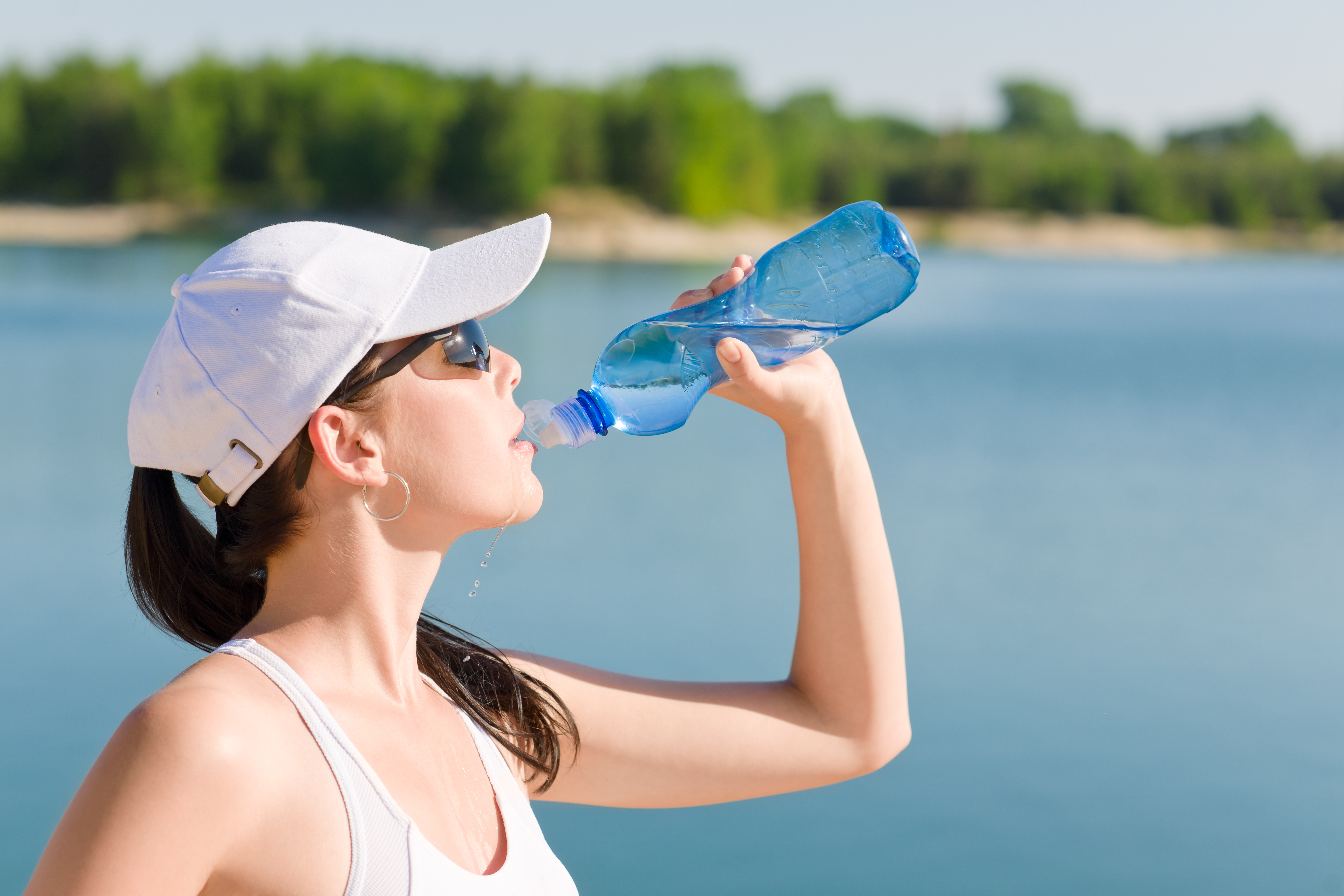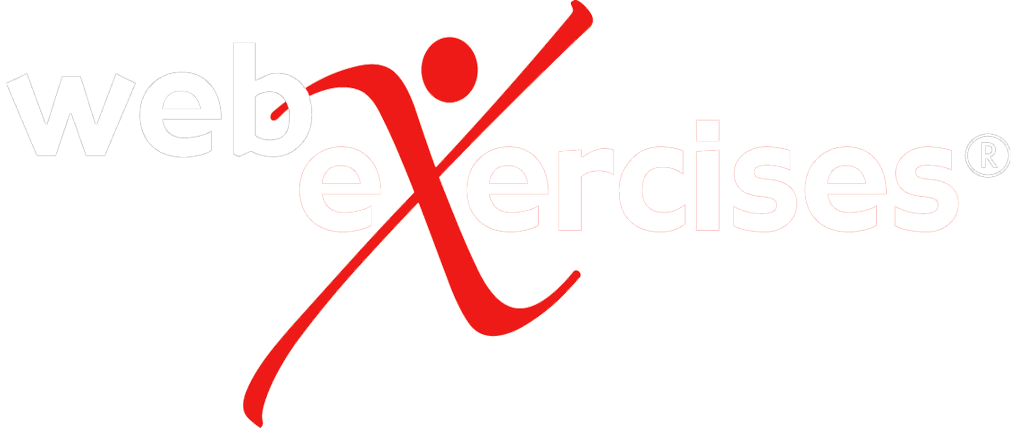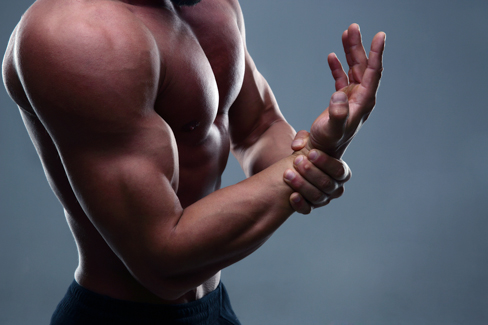
If you enjoy exercising outdoors during summertime, forgetting to stay hydrated can be hazardous to your health. Does that mean that you should give up exercising outside during the long, hot summer? Absolutely not! However, you do need to become better informed about how to safely be physically active outdoors when it’s hot, even if you don’t think you’re exerting yourself.
The human body is made up of 50-75% water which in hot weather may become dehydrated causing you to lose as much as 6% of body weight increasing the risk for heat stroke. Therefore, 1 to 2 cups of fluid is recommended for every 15 to 20 minutes of exercise or activity. Your exercise should not be thought of as only on the sports field. Risk of dehydration from physical activity may be on the trial hiking, golf course, or in the garden.
However for athletes, maintaining hydration is that much more important since a loss of 1-2% of body weight during exercise has been shown to adversely affect performance.
Children are particularly at risk to dehydration since they don’t adapt as well as adults do to exercise in hot, humid weather. According to MayoClinic.com “They produce more heat, sweat less and may be less likely to drink enough fluids during exercise — all of which increase the risk of dehydration.”
According to research, the best time to hydrate is prior to exercise whether it is short duration, high intensity, or prolonged endurance activities. The recommended fluid intake is 8 to 16 fluid ounces prior to exercise. To avoid overloading your system, it is suggested 12 to 18 ounces be ingested 2 hours before exercise to allow your renal system enough time to properly process and regulate the fluid.
Although water is generally a great source of hydration, one study showed that the thirst mechanism shuts down at 68% of hydration when water alone was used. When sodium was added to the solution, hydration was increased to 82%.
If involved in prolonged exercise or endurance training lasting longer than 45 minutes, fluids containing 6-8% of carbohydrate (e.g. Gatorade, Powerade, AllSport) has been shown to effectively delay fatigue and improve performance. The form of carbohydrate that should be used is either glucose or sucrose. This may also improve coordination and reaction skills since your brain function is dependant on your glucose levels.
Body builders and overweight people tend to be more susceptible to heat related illnesses due to there increased body mass.
If an inadequate amount of fluid replacements are not ingested, heat related illness might occur. Some warning signs of this include:
· Headache · Weakness · Nausea · Cramps · Mental Slowness · Unsteadiness · Visual Disturbance · Faintness · Fatigue · Chills · Rapid Pulse · Dizziness
If you experience any of these symptoms, stop the activity immediately, rest and rehydrate in a cool environment. If the symptoms persist or worsen, seek immediate medical attention.
To prevent the chance of heat illness, wear clothing that exposes as much skin surface as possible to encourage sweat evaporation. This is the body’s natural temperature regulator. Choose material such as cotton that will bring sweat to the surface allowing evaporation to take place. Materials that to not “breath” and that are impermeable to water will increase the risk of heat illness.
With a little preparation and a few precautions, you can stay healthy and enjoy your favorite outdoor activity during the long days of summer.

